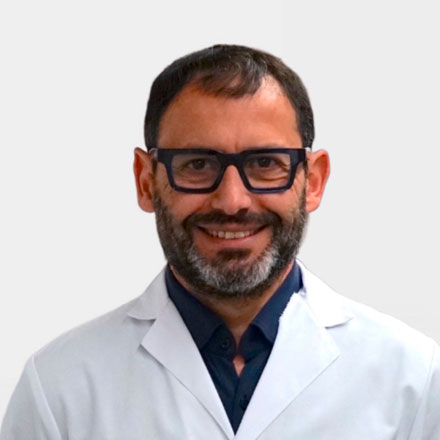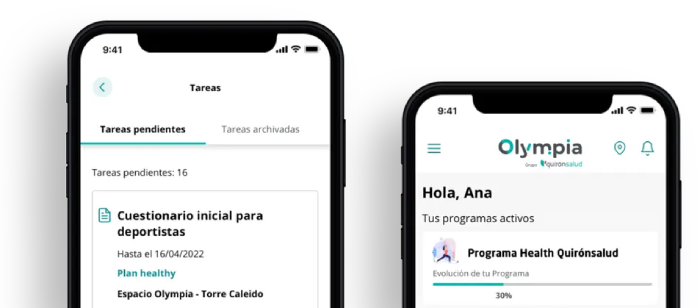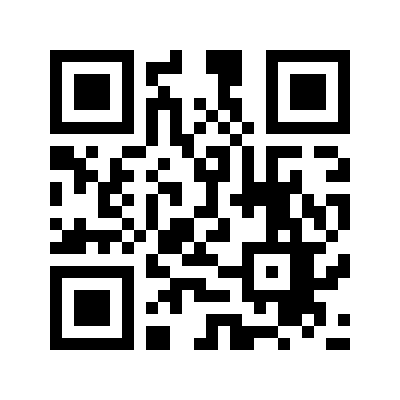
Sleep Unit
Sleep, the silent source of health
Sleep is a primary and essential need for personal health and wellbeing. A good night’s sleep is essential for the proper functioning of our body, both physically and mentally. It is essential across all stages of life: pregnancy (neuronal development), early months (physical and neurological development), childhood (good sleep habits), adolescence (stage with circadian rhythm alterations and poor sleep hygiene), adulthood (good habits, health, personal and occupational wellbeing), the elderly (healthy ageing). At Olympia we help you achieve optimal sleep for your situation:
- Sport: sleep is part of invisible training.
- Work performance: Good rest ensures good resistance to stress and is therefore an essential pillar of good work performance.
- Preventing illness: poor sleep and many medical pathologies (diabetes, cardiovascular disorders, cancer...) are commonly associated.
- Preventing mood disorders, such as anxiety or depression.
- Sleep disorders in children and adolescents.
Featured treatments
The professionals of the Olympia Sleep Management Unit are accredited by the European Sleep Research Society (ESRS) as experts in Sleep Medicine, which gives us the ability to diagnose and treat any sleep disorder, both in children and adults, using the latest medical advances.
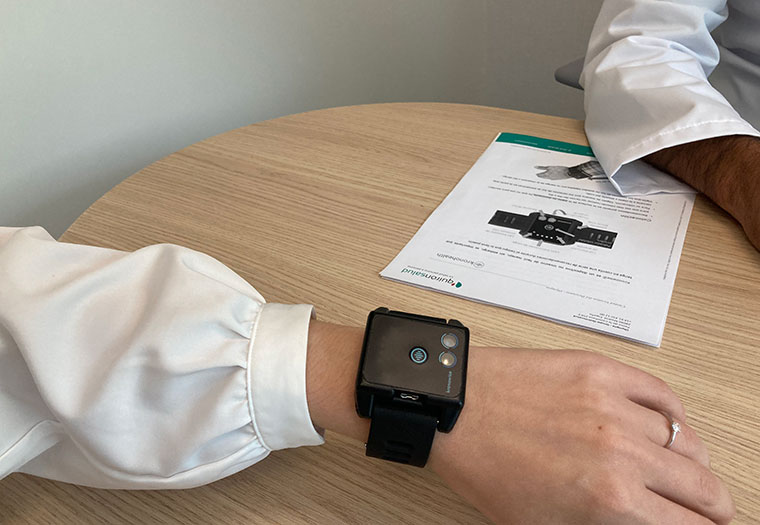
Treatment of circadian health: assessment and counselling
Recent advances in chronobiology have allowed us to understand abnormal patterns of circadian rhythms that ultimately generate a "chronodisruption" that affects the quality of a person’s sleep, leading to poor functioning (physical, mental and cognitive) during the day. The chronobiological study that we carry out at the Olympia Rest Management Unit will allow us to understand your circadian health and give you the appropriate guidelines to correct these dysfunctions or boost your biological rhythms.

Treatment of insomnia
Lack of sleep negatively affects the life of the person suffering from it, causing physical, psychological, social and occupational deterioration. Through nocturnal sleep studies (polysomnography), studies with chronobiology sensors (chronobiological study) and various tests and clinical evaluation questionnaires, we will analyse each case in order to offer the most suitable therapeutic recommendations (cognitive-behavioural, sleep hygiene, nutritional or pharmacological supplements) to improve your disorder.

Treatment of childhood insomnia
With a prevalence of approximately 30% of the paediatric population, childhood insomnia and its neuropsychological and physical repercussions, is a very relevant health problem for the children who suffer from it and is aggravated by the family dysfunction that it entails. In 95% of cases, the causes of insomnia are not medical (Behavioural Insomnia of Childhood) and therefore the treatment of choice is behavioural therapy. These treatment strategies report rapid therapeutic success. Scientific evidence shows that behavioural treatments are effective, produce long-lasting effects and do not generate unwanted side effects. These types of therapeutic strategies can be applied from the age of six months after a diagnostic evaluation by a sleep medicine expert.

Treatment of sleep apnoea and snoring
About 20% of the adult population snore and suffer from apnoea, while between 1% and 5% of children suffer from obstructive sleep apnoea, with the peak incidence between the ages of three and eight years. OSAHS has direct repercussions on our rest and above all on our health, especially at the cardiovascular level with an increased risk of stroke, heart attacks and high blood pressure. Through a nocturnal sleep study (polysomnography) and respiratory pattern monitoring, we can help you with tools to stop snoring and eliminate apnoea.
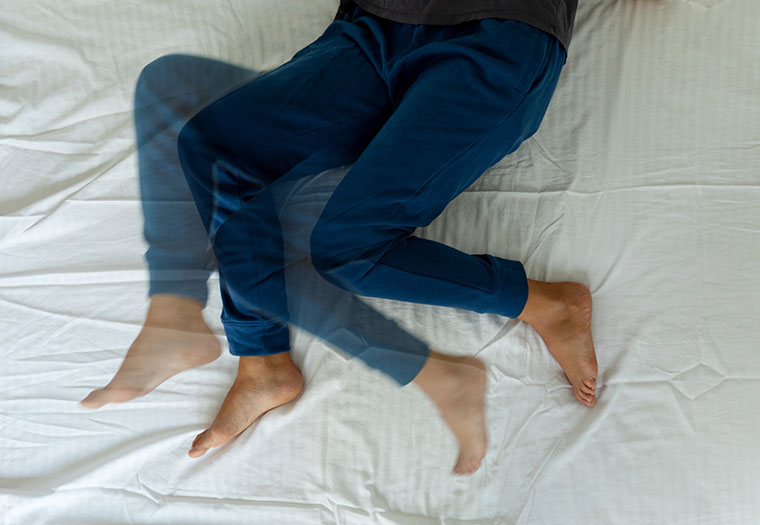
Treatment of restless legs syndrome
This is the irresistible urge to move the legs (or arms), whether or not accompanied by uncomfortable sensations. The worsening of symptoms in the late afternoon or evening makes it difficult for patients to fall asleep or stay asleep. Through the nocturnal sleep study, the indicated immobilisation test and the monitoring of movement by means of acetimetry, we will have sufficient data to provide the most appropriate treatment.
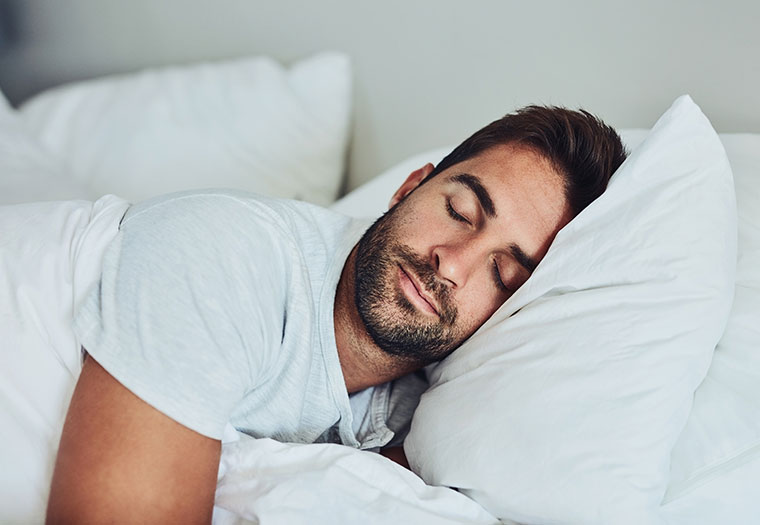
Treatment of circadian rhythm disruption
- Delayed sleep phase syndrome in adolescents.
- Jet Lag: advice and strategies to minimise its effects.
- Shift work: strategies to improve sleep disruption in shift work.
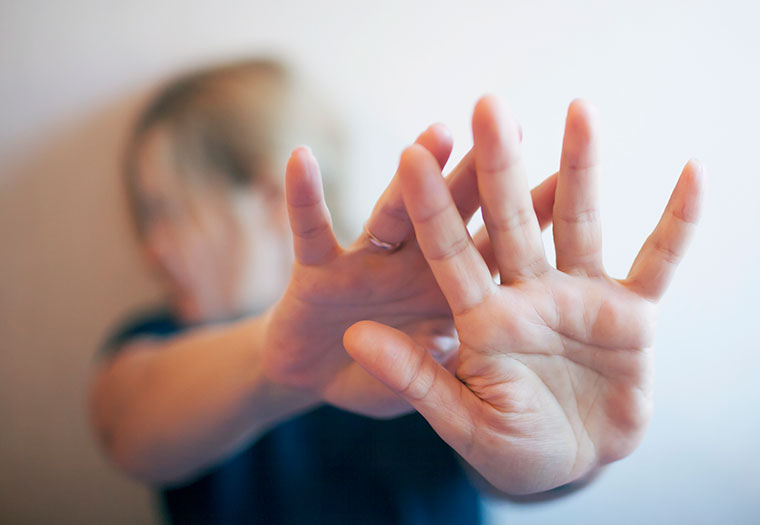
Treatment of parasomnias
Parasomnias (sleepwalking, night terrors, sexsomnia...) are abnormal phenomena that occur while the person is asleep and that can interfere with the good night’s rest of the patient and the people sleeping with them. Identifying the causes and establishing a differential diagnosis will allow us to prescribe effective treatment for both children and adults.

Treatment of daytime drowsiness
Hypersomnia can be caused by a multitude of factors (medical, psychological or sleep) that need to be assessed in order to treat it. In some cases it is the main symptom of a specific disorder such as narcolepsy.


